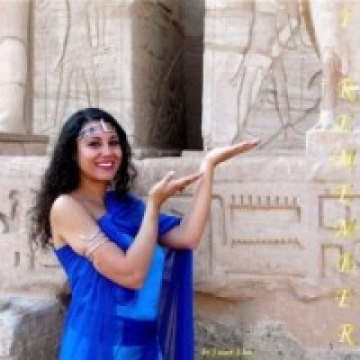21.02.2012
Numerology
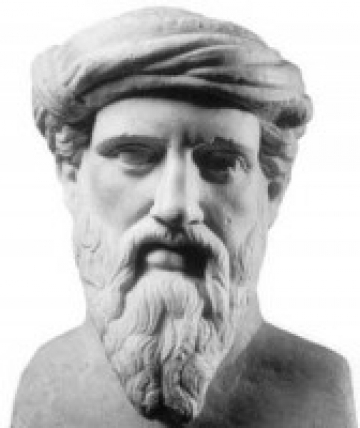
Numerology is one of the ancient arts. You could say it started in the trees when monkeys began counting on their fingers a few million years ago. It is known that some species of primates can count on their fingers and deduct, but they don't connect numbers to concepts like we do.
Most of us know by heart how to use the decimal system, which seems to us the most natural one, but that is mainly because we are trained in using it in our minds. To us the concept of one, two or three is a natural one and we see ten plus one very easily as eleven. We don't always realize that there are other systems like binary, hexadecimal and many other systems around. Let's just remember that it isn't so long agou when dozen or half a dozen where common number concepts.
Numbers are appealing to both men and women and it is believed that interest in numbers are equally common with both sexes, but for different reasons. Everyone count off numbers in their heads and seeing patterns is common to us all. It is said that using patterns is common to all mammals and particularly predators.
Have you ever walked down a pavement and counted the bricks you walked on or avoided to step on the lines between them? We all have at some time but few of us talk about it. Knock on wood or counting small number in your head to ward of an accidental spell, we all do this. In Iceland it is common to say loud "seven, nine, thirteen" instead of knock on wood.
Almost everyone who has read about the occult knows about the mystical numbers of the great pyramid, its alignments to various objects. Fewer have heard how you can find the same things in the nearest hot-dog stall. This was beautifully pointed out int Foucault's Pendulum by Umberto Eco.
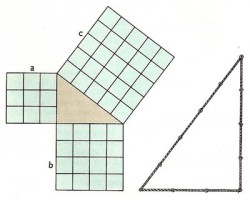
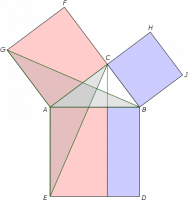
Anyone who has finished leaving cert shooling knows about Phytaghoras (http://en.wikipedia.org/wiki/Pythagoras) and his triangles. Fewer know that he was and is one of the most respected of the Greek Philosophers. He was regarded controversial during his lifetime and his followers where persecuted but today what is known of his ideas is regarded with great respect.
Pythagoras was not only a mathematician but a searching and thinking man on a quest for undertanding of life and the world we live in. He was enchanted by numbers, music and knowledge of all kinds. That is precisely what Philosophy means: Lover of knowledge. Actually, anyone who likes to learn new things and achieve new understandings is a philosopher. You don't need to be a dusty professor writing boring books to be one.
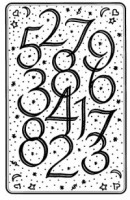
This distinquished mathematician was fascinated by patterns anywhere he encountered them and strove to put numbers to them in an attempt to find mathematical symmetry in all things. He believed that once he could accomplish this he would be able to use number patterns to see further and understand more. Little did he know that he was adding greatly to the knowledge and understanding of mathematics for the rest of our common history.
Many believe that he started the numerology which is most common in our modern world. In his system each letter of the alpabet was given numerical meaning ranging from one to nine. The alphabet is simply distritbuted in alphabetical order until I reaches nine, so J starts and one and so forth. Using this approach the numbers alternate a little bit according to which alphabet is used, therefore the name Þóra and Thora, the same name, but not the same numbers.
From Chaldea - where Iraq is today - arrives on the scene another number system, much older than the one Pythagoras used and probaly well known by him. This system also counts from one to nine but distributes the alphabet down the line according to their sound or by how the mouth forms the sound.
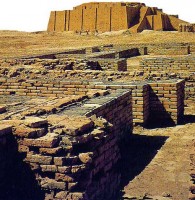 In both systems the meaning of each number is more or less the same. Probably the meanings where a little bit different twothousandfivehundred years ago but now a days it is much the same. In boths systems you can also use eleven and twentytwo.
In both systems the meaning of each number is more or less the same. Probably the meanings where a little bit different twothousandfivehundred years ago but now a days it is much the same. In boths systems you can also use eleven and twentytwo.
Many numerologians prefer the Chaldean system of numbering the alphabet, as they feel that the sound vibration has closer connection to the meaning of numbers than how some letter falls in line in the alphabet itself which can variate from one culture to another. What makes it harder for them is perhaps to agree on where Þ and Ö fall in or some other exotic sound from other cultures. But be that as it may and perhaps each finds his own way with this as in all occultism.
I who programmed www.deepmystic.com have used numerology for a long time and devised my own way of putting Icelandic letters down into the Chaldean system. I use that version in www.spamadur.is - the Icelandic sister-site, and so far it has worked well. Here at this site the english letters - the latin alphabet - is classical Chaldean and Pythagorean.
To state that Chaldea is modern Iraq is perhaps an overstatement. South part of Iraq and Kuweit is more closer to the truth. In Erdu and Ur in Chaldea, down by the Persian gulf, the first astrologery emerged and Abraham the father of Israel is also from this area.
It is in this melting pot of occultism, deitism and other ideas where Numerology, many of western mythology and Astrology where born. Many of these ideas developed simultaneously in Egypt. There are common resemblances between the two cultures with many aspects of theyr occult and mystical practices. Not unlike the similarities between the Greek and Roman pantheons.
It is commonly believed that the Tarot card decks where really a book. A kind of picture book of symbols to keep ideas and mythologies written down in a language easily understood by the illiterate common man. Perhaps one of the most ingenious ways ever devised by man to convey knowledge through the centuries.
Iceland, 2012
Guy Ellis
Aðrar greinar
About IceMystic

Aleister Crowley
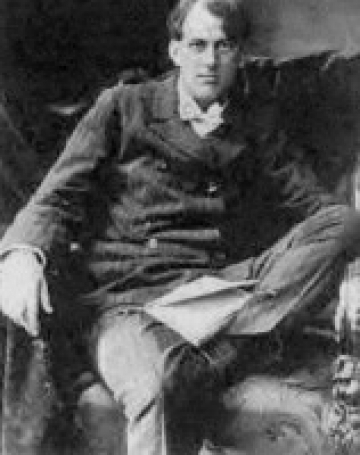
Lady Frieda Harris
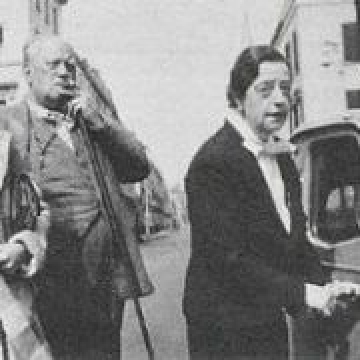
Numerology

Rider Waite Tarot
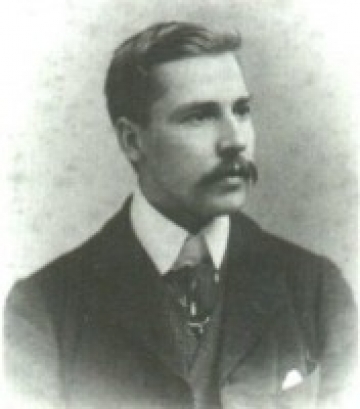
Tarot de Marseille
The Tarot cards
Thoth Tarot
